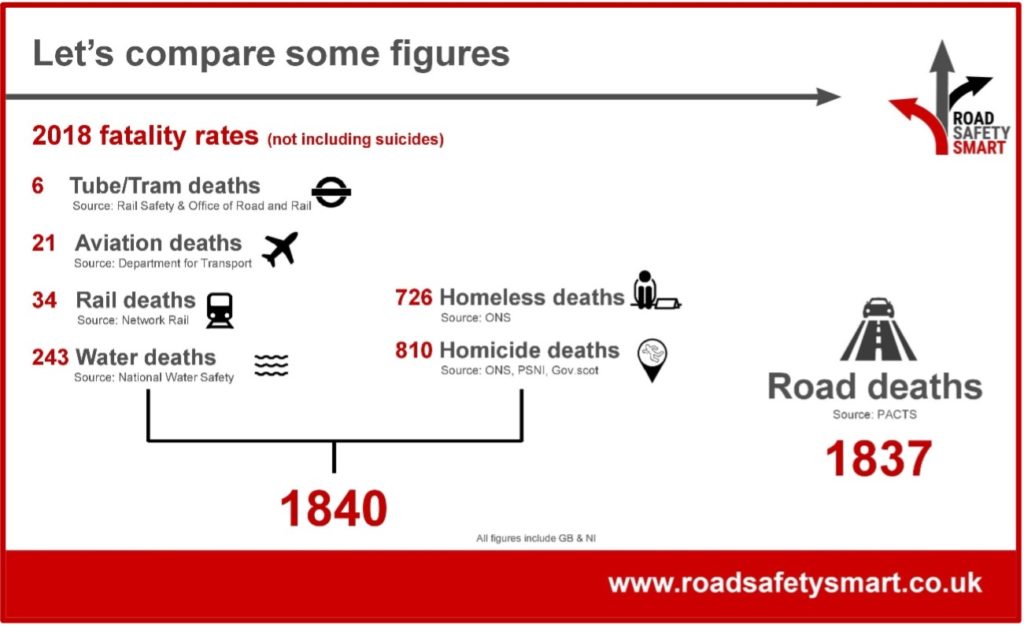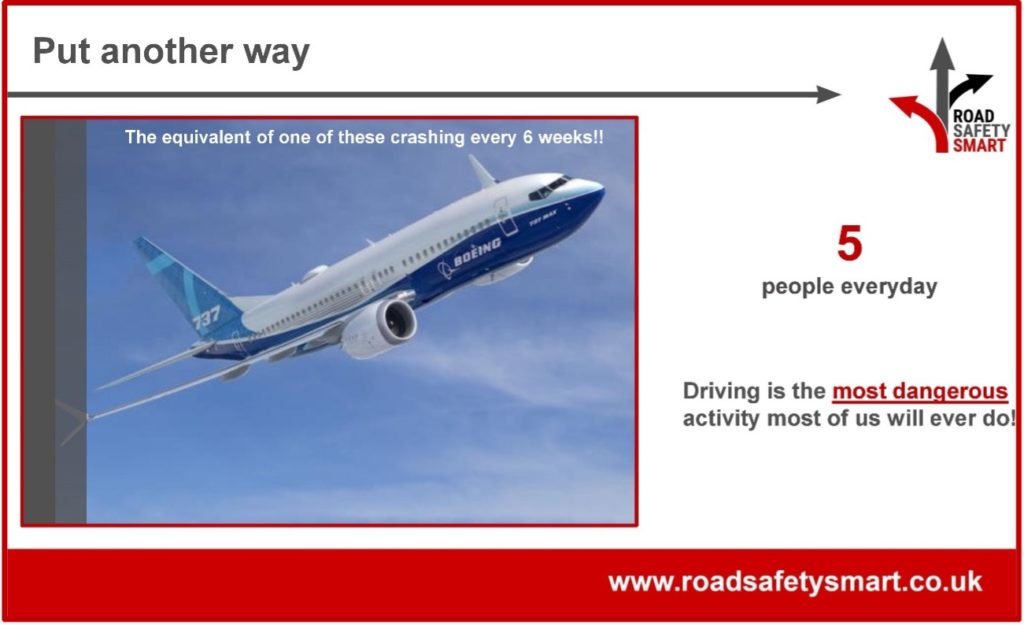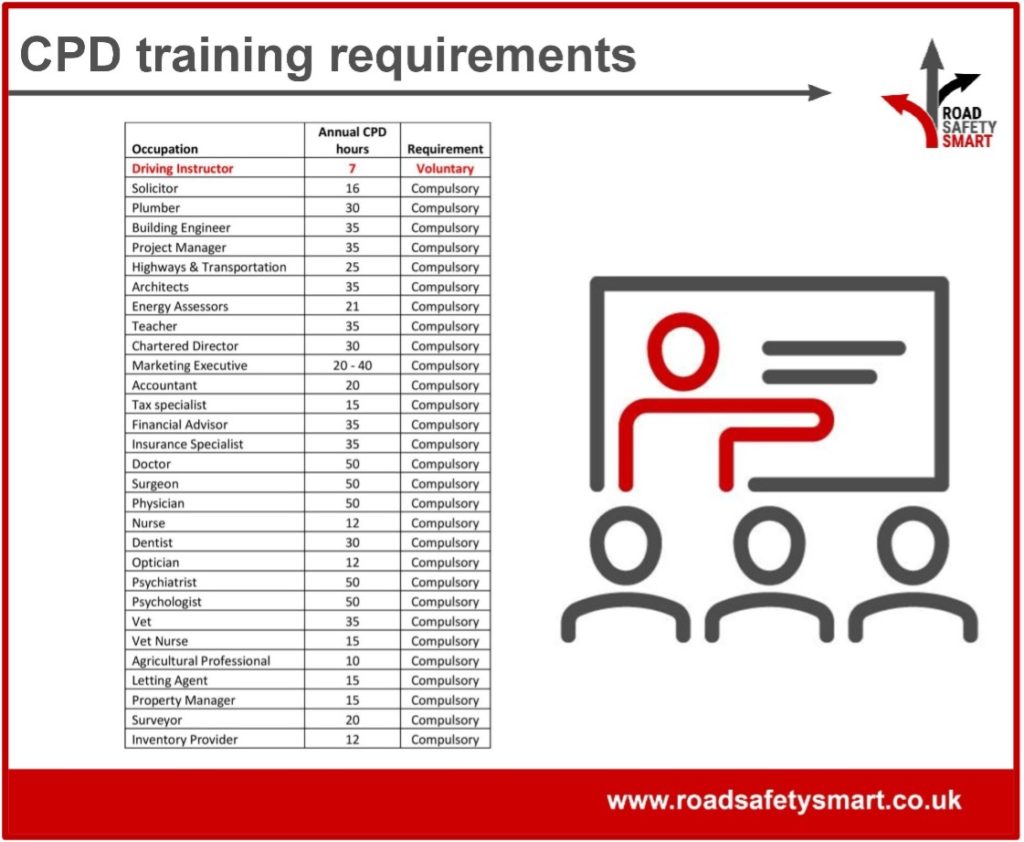CPD for road safety
Should ADIs have to complete a certain amount of CPD hours each year focused on road safety?
At the recent ADIJNC and Intelligent Instructor National Conference and Expo 2021 held at The Heart of England Conference and Events Centre near Meriden, I was honoured to be invited to take part in the Q&A session on road safety.
Initially, this seemed like a strange request. Surely, ADIs already know about road safety and educate students about the same as part of the learning to drive process. However, given the number of questions raised to the panel, it soon became clear this is a very in-depth area, and one that a lot of ADIs have limited knowledge.
This was backed up by a question from a member of the audience in response to some road safety statistics that were quoted. They said: ‘How are we able to find out about all this road safety information because I would not know where to look for it, let alone be able to pass it on?’
Sit up and listen
This question made me think more about this subject. Since the conference, I have spoken to several ADIs in my local area who have all advised they know very little about specific road safety issues, other than the headline statistics that come out each year. This backed up some information of my own, which I had collated following a couple some road safety workshops I held last year before the first national lockdown in March 2020.
At the workshops attended by fifty 6th Sixth Form Students who had all passed their driving test within the last twelve months, I asked them six specific questions as follows:
Q1. What did your driving instructor tell you about not wearing your seatbelt while driving?
Q2. What did your driving instructor tell you about speeding while driving?
Q3. What did your driving instructor tell you about using your mobile phone while driving?
Q4. What did your driving instructor tell you about drinking alcohol while driving?
Q5. What did your driving instructor tell you about taking drugs while driving?
Q6. Did your driving instructor tell you that driving is the most dangerous activity you will ever do in your lifetime?
Surprisingly, 95% of the answers got for Q1 to Q5 were the same: ‘All I was told that is it illegal to do it, so don’t do it!’ and 100% answered ‘No’ to Q6. Probing a little more none of the students had been taught about the specific legislation, penalties and consequences around each of the questions raised.
When provided some evidenced based information around each of the questions and showed informational videos to back up the learning messages. The main fact provided was you are twice as likely to die driving or riding on the roads in the UK than you are to be a homicide victim (death by murder or manslaughter).*
Over here

When you breakdown the number of road deaths highlighted in the image above, that is the equivalent of a Boeing 737 crashing every six weeks. Now that would get everyone’s attention!

At the end of the session, 98% of the students said they wished they had been provided with this type if information as part of their learning to drive programme.
Therefore, this raises the question in the title at the head of this article: ‘Should ADIs have to complete
a certain amount of CPD hours each year focused on road safety?’
Is it you?
As it stands, ADIs do not have to undertake any compulsory CPD training requirements let alone in relation specifically to road safety, see table below.

However, would it enhance an ADIs credentials to advert in their terms and conditions they voluntary undertake road safety awareness training to enhance a student’s learning experience and better prepare them for the real world of driving?
Some ADIs have already set up some great initiatives like the ‘Engage Driving’ initiative in Merseyside which tackle the issues of the Fatal 4 head on and they have had great responses from students.
Can I help?
If you would like to know more about this topic and available training courses, please contact Andrew Drewary on 07817 043824 or email me at [email protected] and quote Intelligent Instructor.
Next month’s article will be: ‘Mobile phones and driving – A distraction too far!’
* Figures relate to 2018, which were the last fully year figures available at the time of preparing the data.
Andrew Drewary is the Managing Director at Road Safety Smart.







